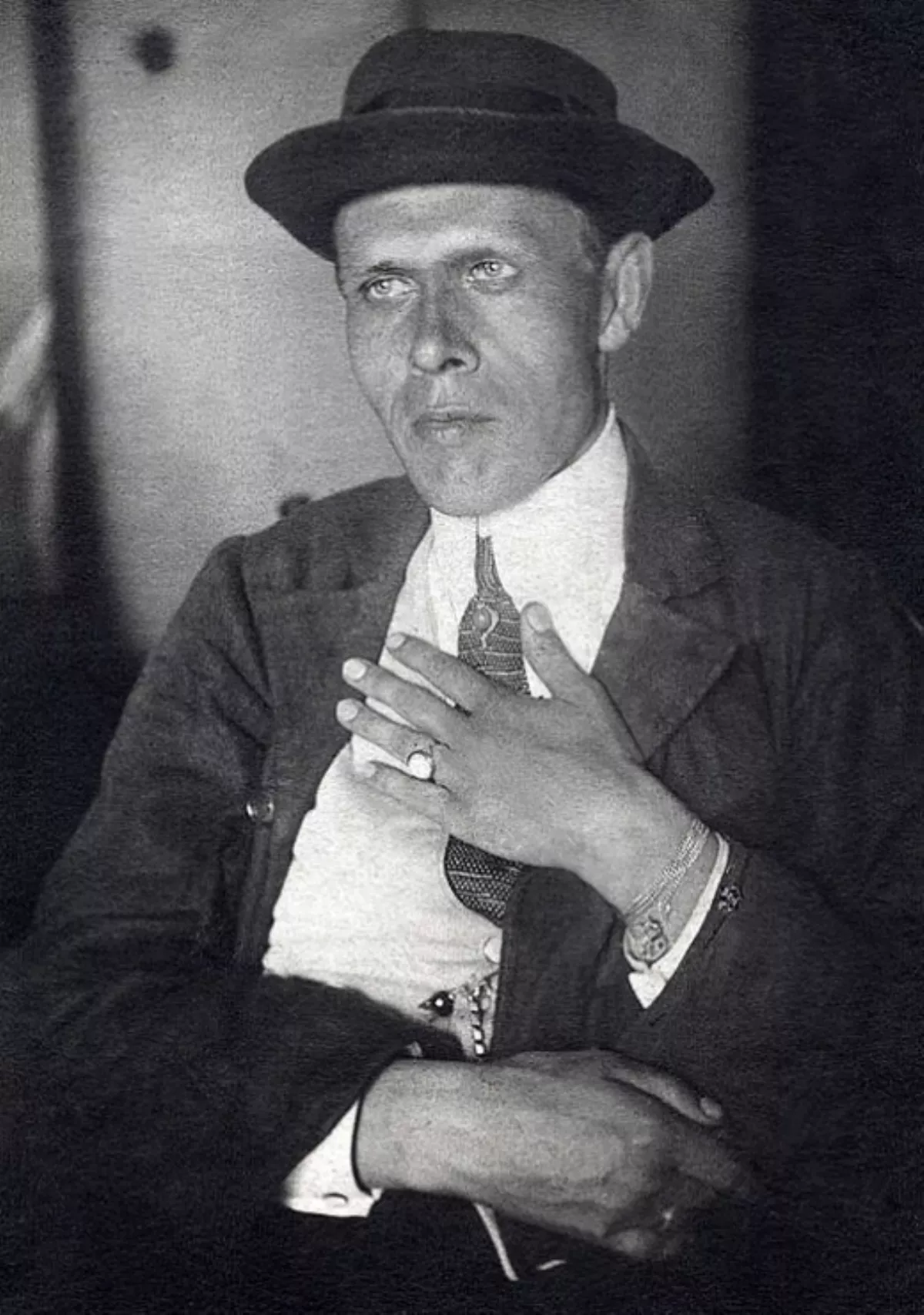 1.
1. Daniil invented the pseudonym Kharms while attending Saint Peter's School.

 1.
1. Daniil invented the pseudonym Kharms while attending Saint Peter's School.
Daniil Kharms joined the circle of Aleksandr Tufanov, a sound-poet, and follower of Velimir Khlebnikov's ideas of zaum poetry.
Daniil Kharms met the young poet Alexander Vvedensky at this time, and the two became close friends and collaborators.
In 1927, the Association of Writers of Children's Literature was formed, and Daniil Kharms was invited to be a member.
From 1928 until 1941, Daniil Kharms continually produced children's works, to great success.
In 1928, Daniil Kharms founded the avant-garde collective Oberiu, or Union of Real Art.
Daniil Kharms embraced the new movements of Russian Futurism laid out by his idols, Khlebnikov, Kazimir Malevich, and Igor Terentiev, among others.
Daniil Kharms's aesthetic centered around a belief in the autonomy of art from real world rules and logic, and that intrinsic meaning is to be found in objects and words outside of their practical function.
Daniil Kharms was arrested in 1931 and exiled to Kursk for most of a year.
Daniil Kharms was arrested as a member of "a group of anti-Soviet children's writers", and some of his works were used as evidence in the case.
Soviet authorities, having become increasingly hostile toward the avant-garde in general, deemed Daniil Kharms' writing for children anti-Soviet because of its refusal to instil materialist and social Soviet values.
Daniil Kharms continued to write for children's magazines when he returned from exile, though his name would appear in the credits less often.
Daniil Kharms's notebooks were saved from destruction in the war by loyal friends and hidden until the 1960s, when his children's writing became widely published and scholars began the job of recovering his manuscripts and publishing them in the west and in samizdat.
Daniil Kharms' stories are typically brief vignettes often only a few paragraphs long, in which scenes of poverty and deprivation alternate with fantastic, dreamlike occurrences and acerbic comedy.
Daniil Kharms's manuscripts were preserved by his sister and, most notably, by his friend Yakov Druskin, a notable music theorist and amateur theologist and philosopher, who dragged a suitcase full of Kharms's and Vvedensky's writings out of Kharms's apartment during the blockade of Leningrad and kept it hidden throughout difficult times.
In Russia, Daniil Kharms' works were widely published only from the late 1980s.
Now, several editions of Daniil Kharms's collected works and selected volumes have been published in Russia, and collections are available in English, French, German, Italian and Finnish.
Daniil Kharms was married twice, to Esther Rusakova, and Marina Malich.
On 23 August 1941, Daniil Kharms was arrested for spreading "libellous and defeatist mood".
Daniil Kharms died of starvation 2 February 1942 during the siege of Leningrad.
Daniil Kharms's wife was informed that he was deported to Novosibirsk.